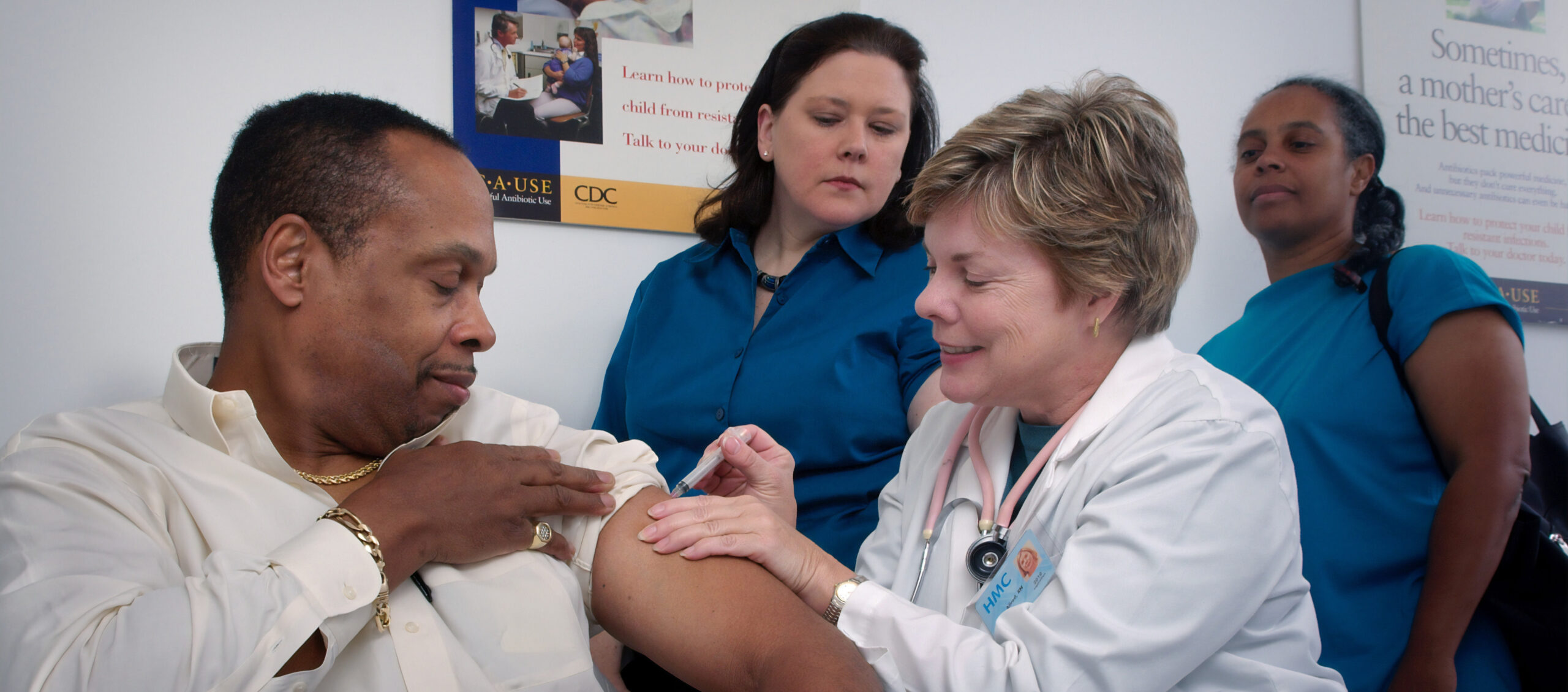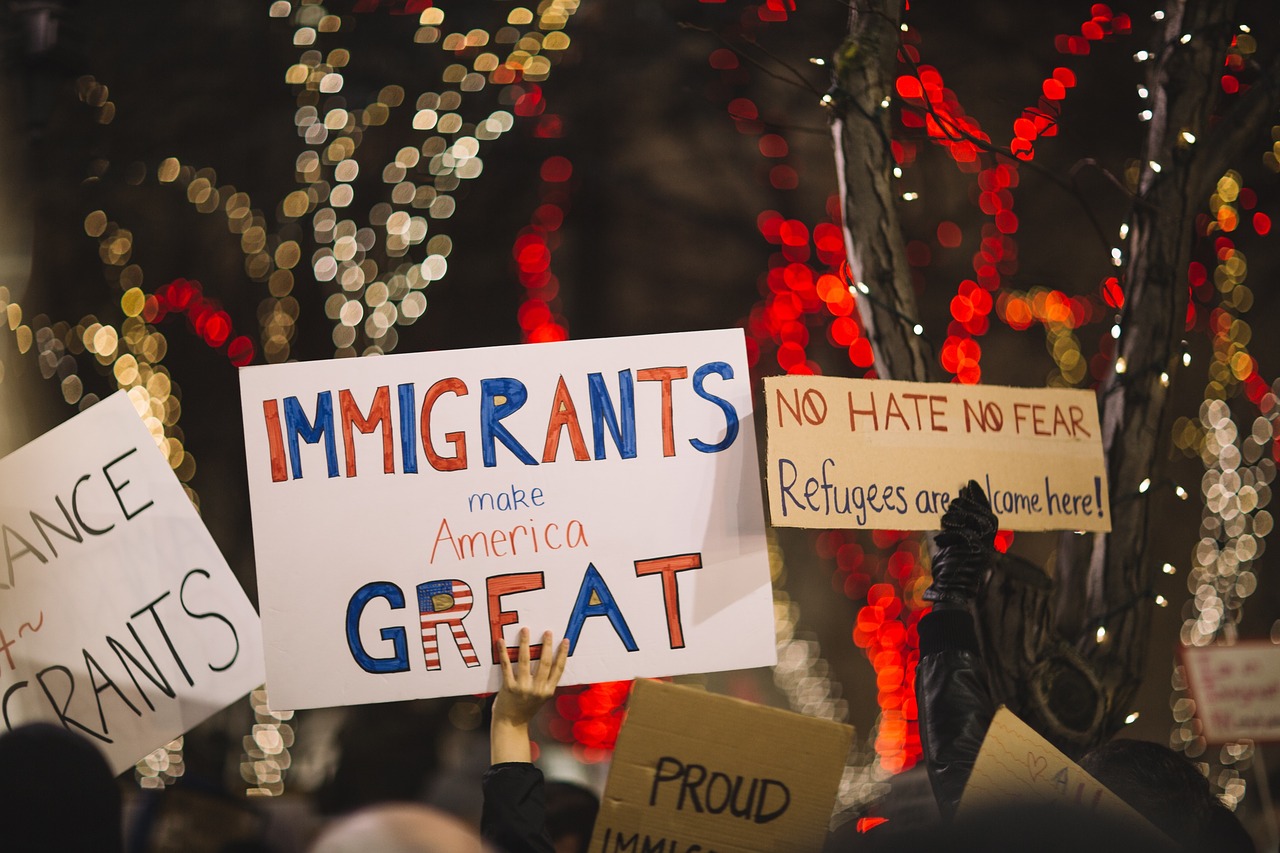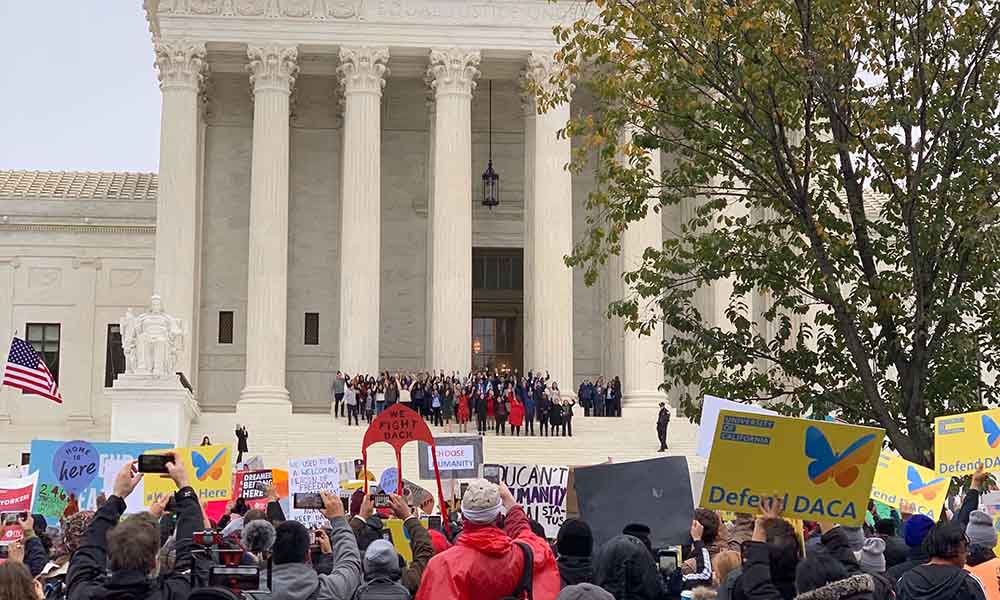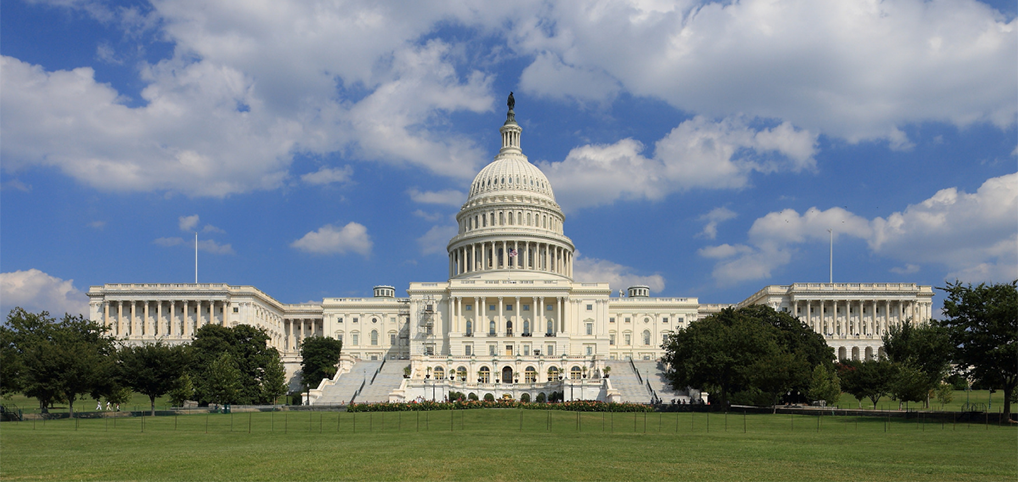THE TORCH: CONTENTSBy Max Wolson
MARCH 23, 2022
Initially, the Biden administration took some positive pro-immigrant first steps, such as ordering a review of federal immigration policy to develop “welcoming” policies, directing federal agencies to cease using dehumanizing terms, and rescinding the discriminatory Muslim and African Bans. While the administration has made important progress, it has also taken a number of steps backward. Unbeknownst to many, the Muslim and African Bans, for example, continue to harm tens of thousands of people as the Department of Justice continues to defend their lasting impacts.
A particularly disheartening contradiction is currently taking place in courtrooms across America. Even as the government’s lawyers refrain from using offensive language, they continue to pursue numerous prosecutions against immigrants by relying upon a criminal law with undeniably racist origins and impact.
Modern immigration law has its roots deeply intertwined with openly racist sentiments. Notoriously, the Chinese Exclusion Act – an infamous law brought about by white nativists in the late 1800s – was one of the first immigration restrictions the United States enacted. While some prior racist policies have ended, today’s immigration law remains rife with racially targeted restrictions and punishments.
One of the most striking examples of that residual racism is the statute criminalizing returning to the U.S. after being removed. Under that statute, a person may be sentenced to federal prison for as many as 20 years for the mere act of returning to the U.S. When enacted in the 1920s, that statute was explicitly intended to advance white supremacist eugenics goals. A century later, those original racist intentions continue to align exactly with how the statute is still used today—with Latinx people making up 99 percent of those convicted today.
The Unconstitutionality of the Illegal Reentry Statute
The Fifth Amendment to the Constitution guarantees all the equal protection of federal law, and courts will hold unconstitutional those federal laws that passed with discriminatory intent. Laws that begin with a discriminatory intent remain unconstitutional if reenacted without Congress addressing the prior discrimination. Congress has never acknowledged the racist basis of the illegal reentry law, let alone sought to definitively undo it. Simultaneously, the statute has become one of the leading drivers of federal prosecutions and incarcerations, punishing hundreds of thousands of immigrants over decades.
Federal public defenders across the country have sought to protect their clients from the racist reentry statute. Specifically, they have presented trial courts with evidence of the statute’s racist intentions and the dramatically disproportionate conviction rates for Latinx people.
At last, on August 25, 2021, a federal district court agreed. In United States v. Carrillo-Lopez, Judge Miranda Du of the District of Nevada issued a powerful ruling, in which she articulated the unconstitutional origins and impacts of the reentry statutes in great detail, and dismissed a prosecution as a result.
Judge Du explained how the statute was originally grounded in racism and agreed that that intent continued when Congress reenacted the law in 1952. Judge Du noted extensive evidence that confirmed this offensive intent and explained that the statute presently continues to harm the same targeted populations.
The Government Continues to Defend the Racist Reentry Statutes
Following Judge Du’s ruling, the next step for an administration committed to equal justice should have been quite simple: do nothing. Judge Du’s convincing opinion provided every reason for the government to abandon using these racially motivated and applied statutes.
They chose not to.
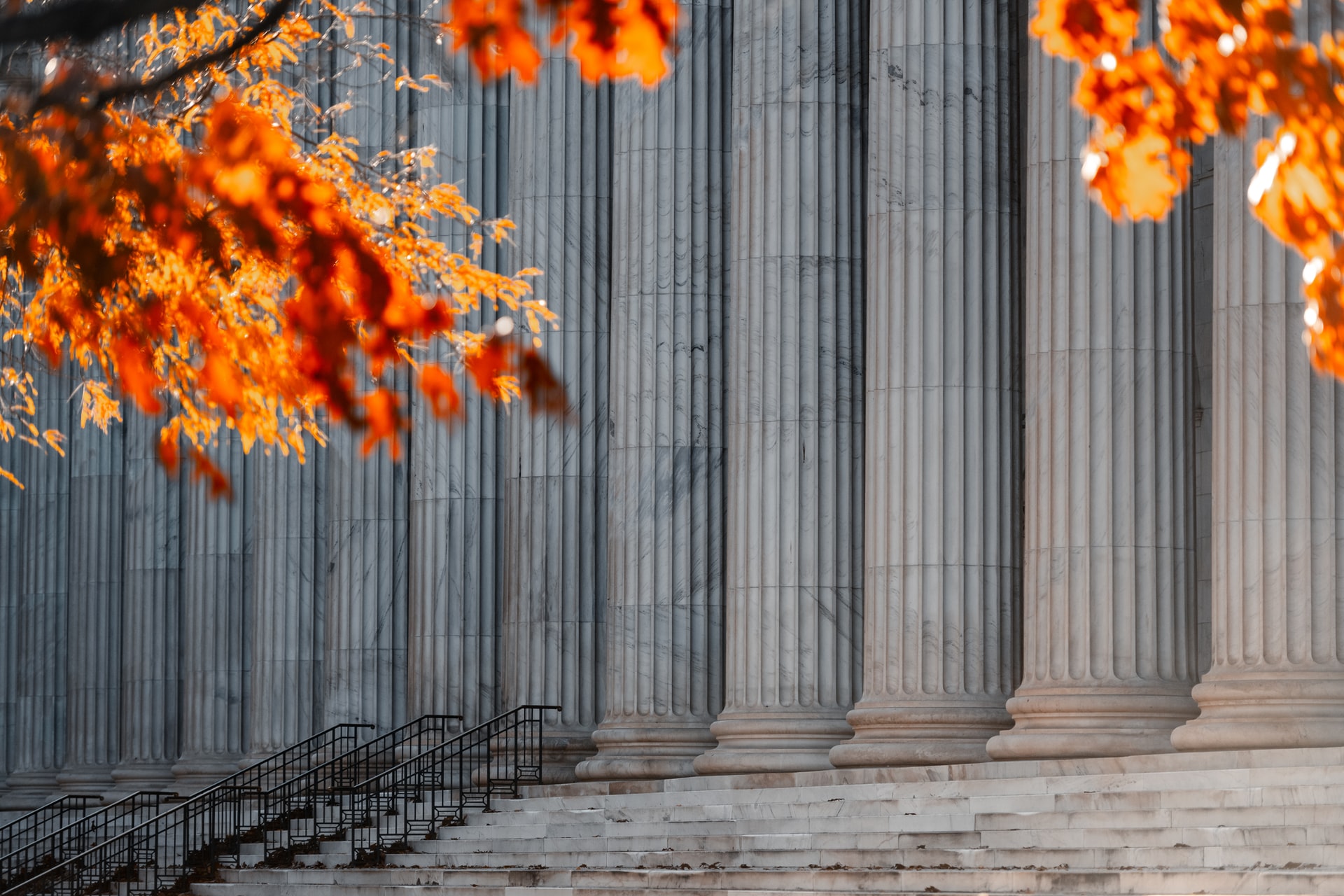
Photo by Colin Lloyd on Unsplash
Shortly after Judge Du’s ruling, the Biden administration appealed the case to the U.S. Court of Appeals for the Ninth Circuit. Simultaneously, the Biden administration continues to defend another Ninth Circuit appeal where the judge ruled in the opposite direction. The stakes of this escalation are dramatic: a ruling contrary to Judge Du’s could close the door to future challenges to a law plainly rooted in white supremacist ideology in the nation’s largest circuit.
While the government’s decision to continue this fight is itself problematic for racial justice, the specifics of the government’s arguments are even worse.
First, the government has argued that the courts should be lenient in determining whether the statute really was racist, applying “rational basis review.” The government takes the stance that it does not matter that the statute was passed with openly racist intent because the racist language itself wasn’t included in the law’s actual text.
Second, the government has argued that the “plenary power” doctrine justifies its actions. The plenary power doctrine provides that courts have few, if any, powers to assess federal immigration laws. The doctrine’s origins are as disturbing as the origin of the reentry statute. The Supreme Court first deployed the doctrine in 1889 to uphold a law that expanded a prior ban on Chinese nationals immigrating to the U.S., using openly racist language casting Chinese nationals as “invaders” and a “danger to the country.”
Taking a look at the government’s sole supporter in the Ninth Circuit case reveals further shamefulness of its actions. Only an anti-immigrant hate group has filed a brief in support of the government’s position.
The Movement Responds
In contrast, a broad coalition of movement organizations has joined in the fight to uphold Judge Du’s correct determination that the reentry statutes are unconstitutional. On March 21, dozens of organizations filed briefs in the Ninth Circuit providing further details on the racist origins and impacts of the laws.
The National Immigration Law Center (NILC) is proud to have been among those organizations. In a brief drafted along with LatinoJustice PRLDEF, and which four other nonprofit organizations signed, NILC provided additional detail about the harms the reentry statutes inflict upon Latinx people and their communities.
Data discussed in NILC’s brief indicate that the reentry statute represents one of the offenses most likely to result in incarceration. Once incarcerated, non-citizens experience harsher jail sentences because they are ineligible for lower security facilities and numerous rehabilitative and educational programs. They are also nearly certain to be removed from the country. Moreover, the dramatic incarceration rate combines with involving local and federal law enforcement in immigration enforcement to further racial profiling of communities of color.
While NILC and its allies proudly stand together in this fight, we are dismayed that this fight is even necessary. If the Biden administration is committed to a just and humane immigration system and correcting the system’s past racist harms, it needs to stop defending this law.
Max Wolson is a NILC Staff Attorney.








